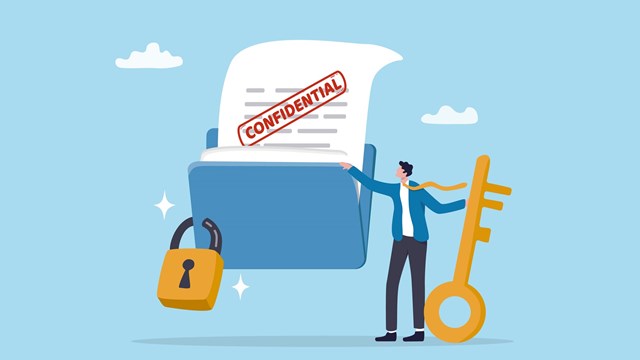
Q. I was a condominium board member of a 60-unit condominium association for four years.
During that time, I kept copies of everything regarding incidents, meeting minutes, emails, anything that I submitted, contracts that I worked on, etc. I have been off the board for four years.
What is the length of time that would be advisable for me to keep these records?
—Buried in Paper
A. “A legal requirement for the keeping of condominium records is not a crystal-clear concept,” says Gary M. Daddario, partner at Marcus, Errico, Emmer & Brooks, PC, in Braintree, Massachusetts. “In addition, it can vary by state. The Massachusetts Condominium Statute requires seven years’ worth of specified records to be maintained. The New Hampshire Condominium Act requires three years with respect to certain items. Of course, in responding to any condominium question, condominium practitioners will always include a recommendation to ‘check your docs’ as part of the answer. If your association’s governing documents speak to record retention at all, you’ll want to comply with any language there as well. I am not a ‘tax guy,’ but I seem to recall that records should be kept for seven years to the extent that they have any bearing on a tax return. This is something you could confirm with the CPA who does the association’s tax filing.
“There is also a second level of consideration introduced by your question. Apparently, you are holding the documents described, but you have been off the board for a number of years. This raises the question of whether or not you are holding the association’s records or just your personal notes and copies of items. Either way, when you reach the point of disposing of them, it might be nice to check in with the current board to see if they wish to take these documents and to store them with the association’s records. In my experience, the issues associations have with records tends to be the lack of them. Some boards would appreciate the opportunity to obtain a good deal of information if you afforded them the opportunity. In that instance, you should take a final review to avoid passing along any of your private notes regarding your own thoughts or deliberations on matters and, instead, just provide copies of the objective documents (contracts, official meeting minutes, etc.).”









Comments
Leave a Comment